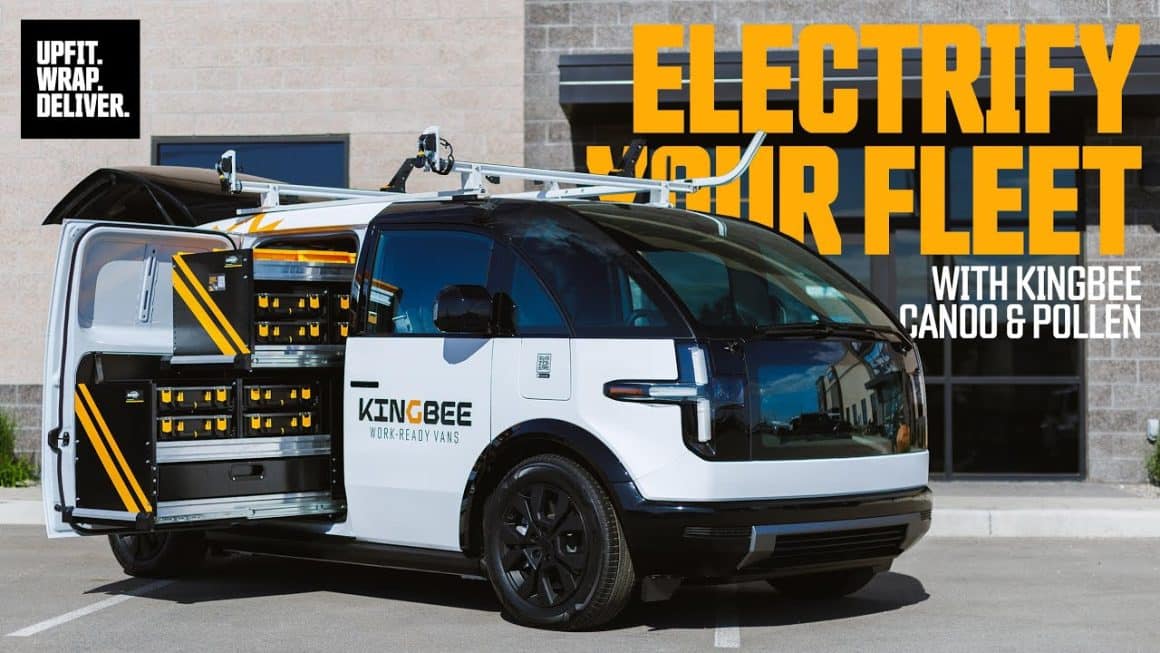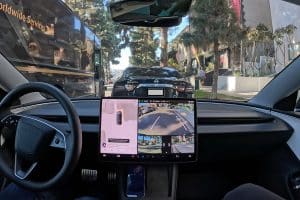- 🚗 Several automakers, including Volkswagen, Toyota, Honda, and more, are exploring solid-state batteries for future electric vehicles (EVs).
- 🔋 Solid-state batteries are expected to provide increased energy density, faster charging, and longer driving ranges for EVs.
- 🌐 QuantumScape, a U.S. startup, has partnered with Volkswagen and other automakers, claiming its anode-less cell design can increase EV range by 14 to 43 percent.
- 🚀 Toyota aims for a breakthrough in solid-state battery tech, hoping to produce EVs with over 700 miles of range and 10-minute charging times.
- 🏎 Honda plans to add a test production line for solid-state batteries by 2024 and expects to debut EVs with them later in the decade.
- 📅 Nissan plans to debut an EV with pure solid-state batteries developed in-house by 2028.
- 💰 Several companies, including Nio, BMW, CATL, Solid Power, LG Energy Solution, and more, are investing in solid-state battery technology.
- ⏳ Despite investments, solid-state EVs are still expected to be years away from commercial availability.
The automotive industry is on the brink of a revolution, and it’s not just about sleek designs and cutting-edge features. Automakers are delving into the realm of solid-state batteries, a technology poised to redefine the capabilities of electric vehicles (EVs). In this blog post, we’ll explore the recent developments, partnerships, and the promising future that solid-state batteries hold for the electric vehicle landscape.
Unveiling the Drive Towards Solid-State Batteries
1. Automakers Embrace Solid-State Technology
The shift towards solid-state batteries is gaining momentum, with major players like Volkswagen, Toyota, and Honda investing resources into this groundbreaking technology. These automakers recognize the potential of solid-state batteries to revolutionize EVs by providing increased energy density, faster charging, and extended driving ranges.
2. QuantumScape’s Game-Changing Partnership
QuantumScape, a U.S. startup, has emerged as a key player in the solid-state battery arena. Partnering with Volkswagen and several other automakers, QuantumScape claims its anode-less cell design could boost EV range by 14 to 43 percent. This collaboration signifies a significant step towards integrating solid-state technology into mainstream electric vehicles.
Advancements and Breakthroughs
3. Toyota’s Ambitious Goals
Toyota is not lagging behind in the race for solid-state battery supremacy. With ambitions reaching over 700 miles of range and 10-minute charging times, Toyota aims for a breakthrough that could reshape the landscape of EV capabilities. The industry is closely watching Toyota’s progress, anticipating the realization of these ambitious goals.
4. Honda’s Strategic Move
Honda is strategically positioning itself in the solid-state battery race. Planning to establish a test production line by 2024, Honda envisions debuting EVs equipped with solid-state batteries later in the decade. This move aligns with Honda’s commitment to innovation and staying at the forefront of electric vehicle technology.
5. Nissan’s In-House Development
Nissan is taking a bold step by planning to debut an EV with pure solid-state batteries by 2028. The company is investing in in-house development, signaling confidence in its ability to create a reliable and efficient solid-state battery solution. Nissan’s commitment reflects the industry’s dedication to pushing the boundaries of electric vehicle technology.
Collaborative Investment in Solid-State Technology
6. Diverse Industry Investment
It’s not just automakers making strides in solid-state battery technology. Companies like Nio, BMW, CATL, Solid Power, LG Energy Solution, and more are actively investing in research and development. This collaborative effort demonstrates the collective industry commitment to advancing solid-state battery capabilities.
The Road Ahead: Challenges and Expectations
7. Navigating Challenges
Despite significant investments and promising developments, solid-state EVs are still projected to be years away from commercial availability. Overcoming challenges related to production scalability, cost-effectiveness, and mass adoption remains a crucial aspect of bringing this transformative technology to the mainstream.
8. Industry-Wide Impact
The impact of solid-state batteries extends beyond individual companies. As the technology matures, it has the potential to reshape the entire automotive landscape, influencing design, manufacturing processes, and consumer expectations.
Conclusion: A Paradigm Shift in Electric Mobility
The journey towards solid-state batteries represents a paradigm shift in electric mobility. With automakers, startups, and industry giants collaborating to unlock the full potential of this technology, the future of electric vehicles looks promising. While challenges lie ahead, the collective determination to overcome obstacles underscores the industry’s commitment to a sustainable and innovative future.





